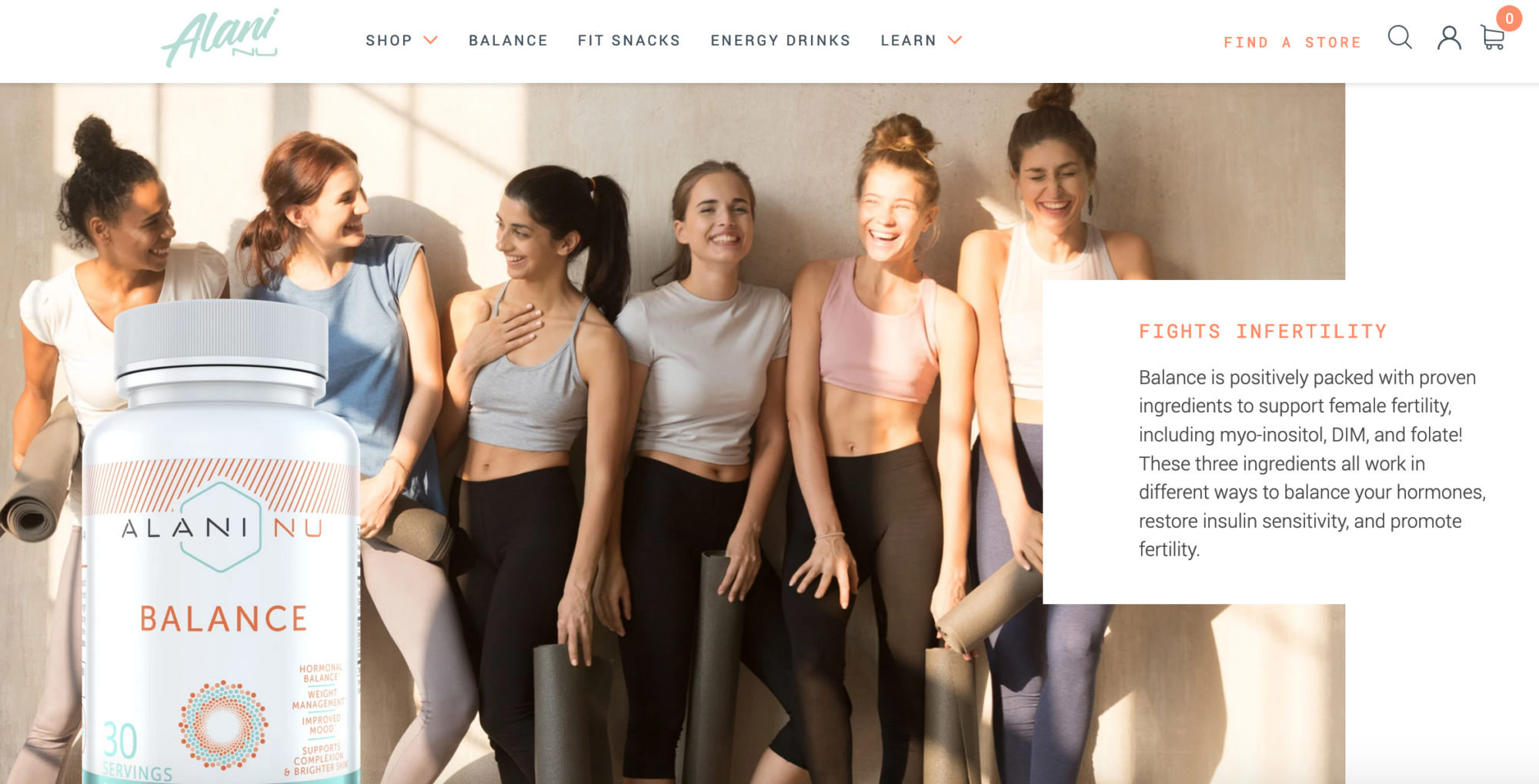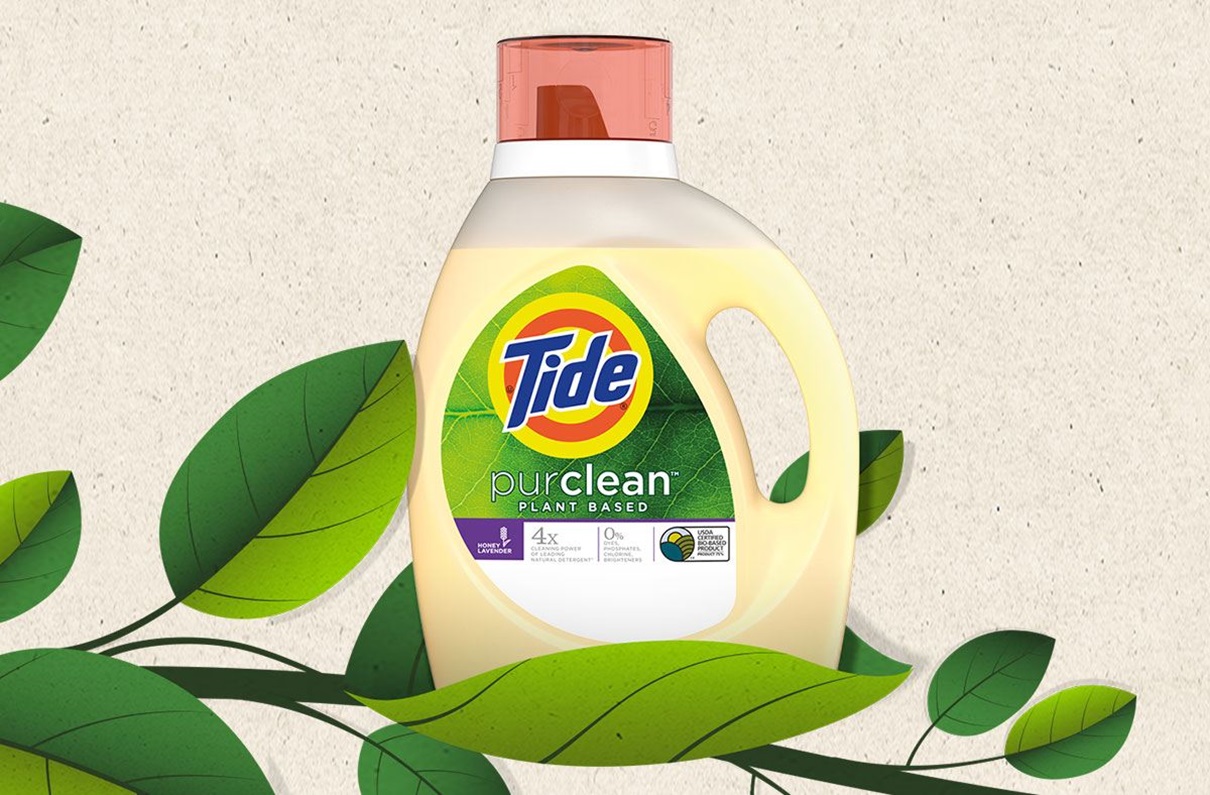
Look Fantastic
Online beauty retailer blames Google for its own deceptive Google ad.
February 2015: The named plaintiff voluntarily dismissed this lawsuit. The lawsuit was dismissed with prejudice, meaning that the plaintiffs cannot refile. The reasons for the dismissal have not yet been disclosed.
November 2014: A class-action lawsuit was filed against ProSupps USA for allegedly misrepresenting the amount of whey protein in ProSupps PS Whey. According to the complaint, the company uses a practice called “protein-spiking” (i.e., adding non-protein ingredients, such as amino acids, to increase the nitrogen content, which makes it seem like it contains more protein than it has) and, as a result, the company misleadingly represents that the product has 24 grams of protein per serving when, in reality, it only has 17.589 grams of protein per serving. (Mena et al v. ProSupps USA, LLC, Case No. 14-cv-02748, S. D. CA.).
For more information about other class-action lawsuits regarding “protein-spiking” and TINA.org’s coverage of the issue, click here.
Online beauty retailer blames Google for its own deceptive Google ad.
LuLaRoe’s founders on the hotseat in Washington’s pyramid case against the company.
Supplement company says product is not a “fertility supplement.” Its marketing says otherwise.
Laundry detergent’s “plant-based” claims come under scrutiny.
Class-action trend likens purchasing loot boxes in video games to pulling a lever on a slot machine.



